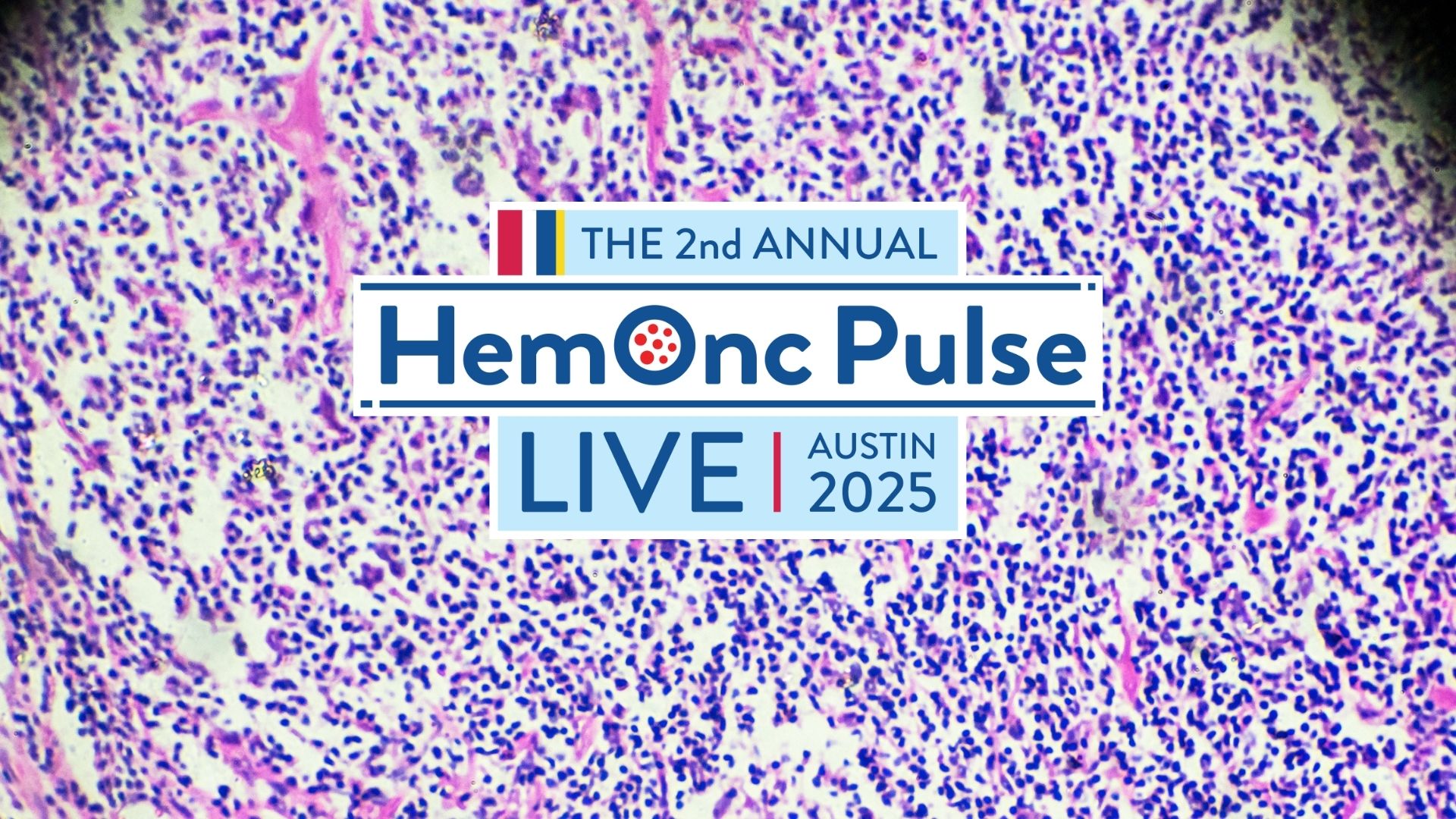What Is the Future of Flow Cytometry in Lymphoma Diagnostics?
By Leah Sherwood, Mats Ehinger, MD, PhD - Last Updated: February 8, 2024Mats Ehinger, MD, PhD, an Associate Professor of Hematopathology and Senior Lecturer of Clinical Pathology at Lund University in Sweden, discusses the future of flow cytometry in lymphoma diagnostics and what still needs to be done to integrate tools in the practice.
Dr. Ehinger presented during the 2023 European Hematology Association (EHA) Congress in Frankfurt, Germany, as part of the EHA-European Association for Hematopathology Joint Symposium.
“The most important thing about flow cytometry is structural because it’s not like [how it is] in Sweden everywhere, where you have all the tools necessary to make an appropriate diagnosis,” Dr. Ehinger said. “In many cases, you have flow cytometry separated from the pathology department, meaning that you have to communicate between, for example, immunologists and pathologists to be able to perform flow cytometry in the best way. It’s very powerful to have all the tools together.”
He said that efforts should be made “everywhere to integrate different kinds of knowledge and to have one view, one diagnostic tool, [and] one setting,” and that this structural organization is really an administrative task.






 © 2025 Mashup Media, LLC, a Formedics Property. All Rights Reserved.
© 2025 Mashup Media, LLC, a Formedics Property. All Rights Reserved.